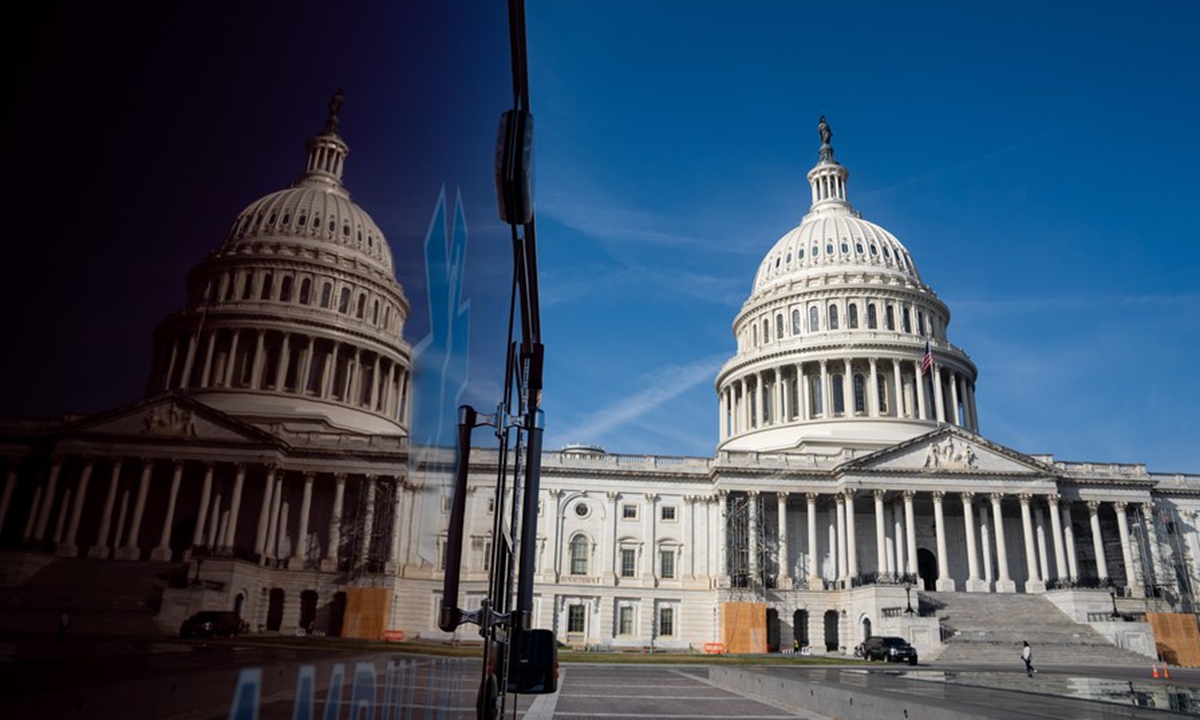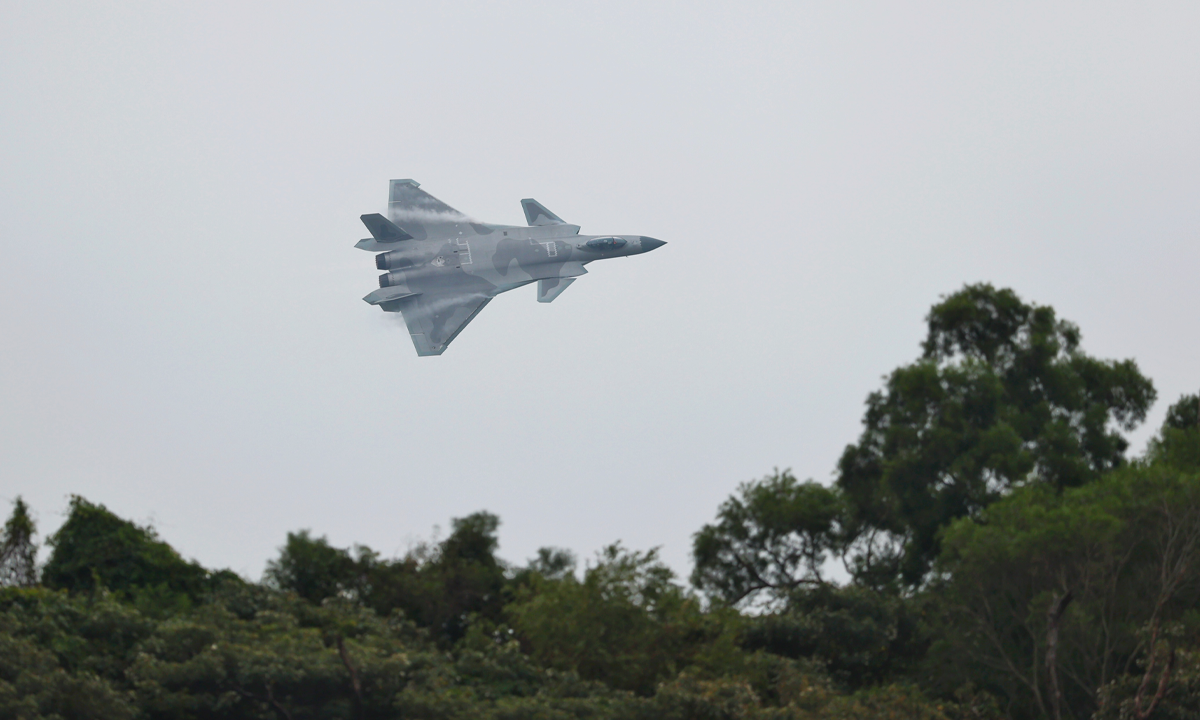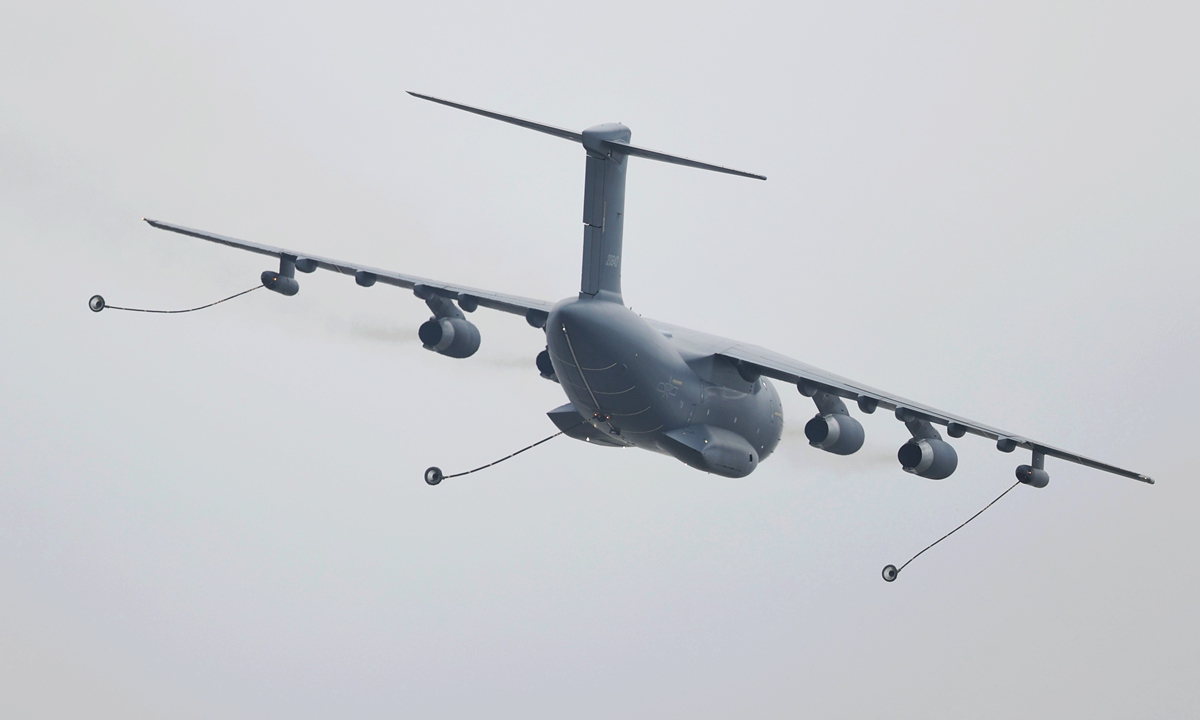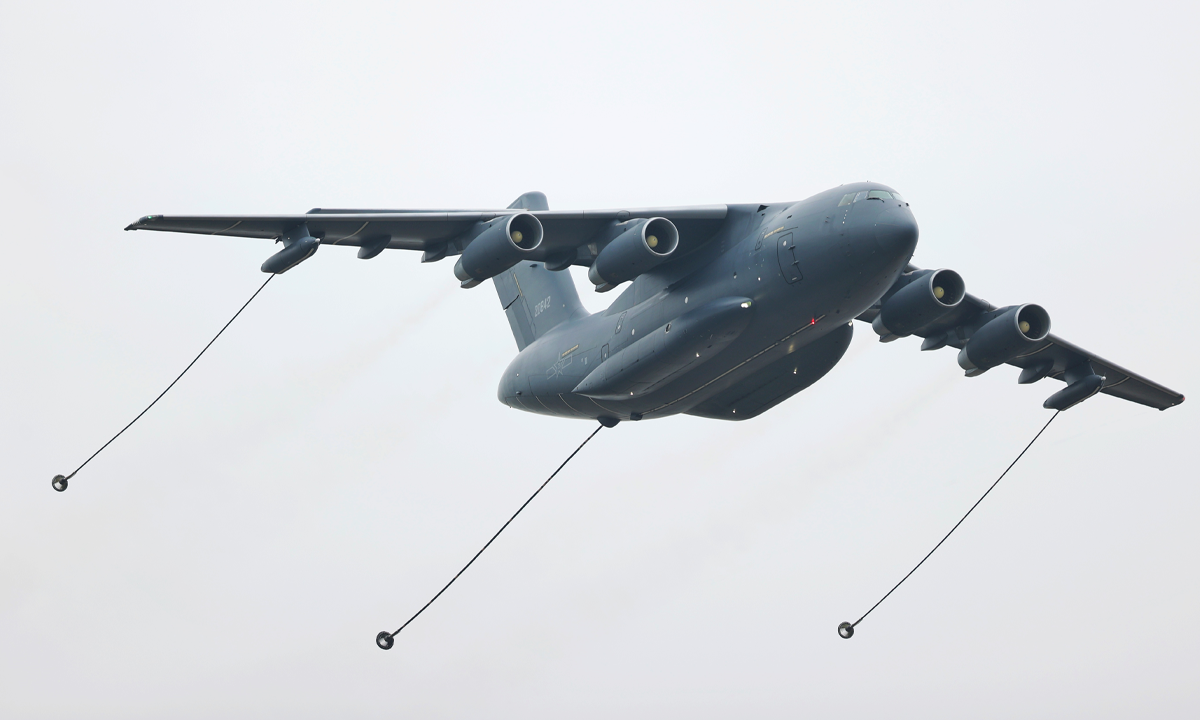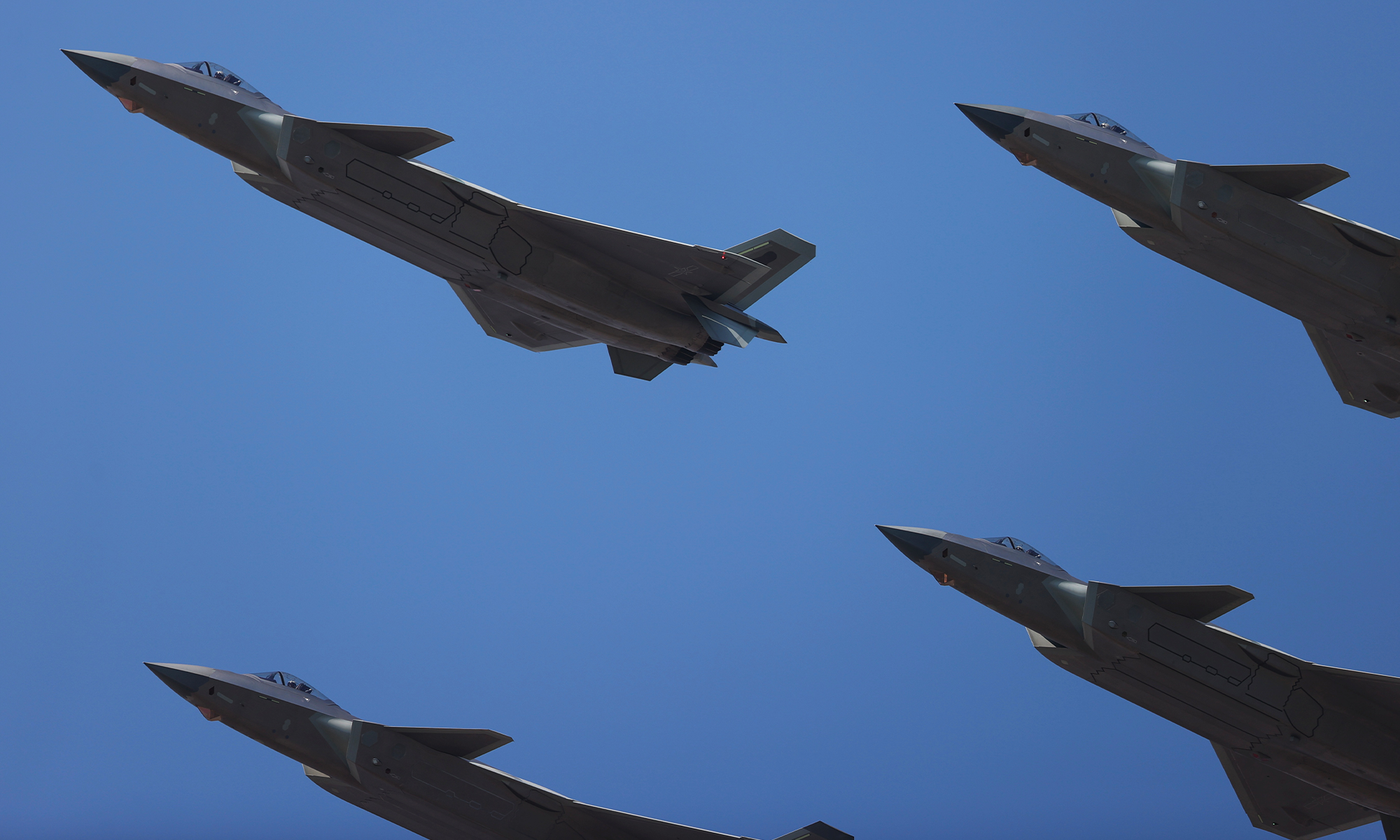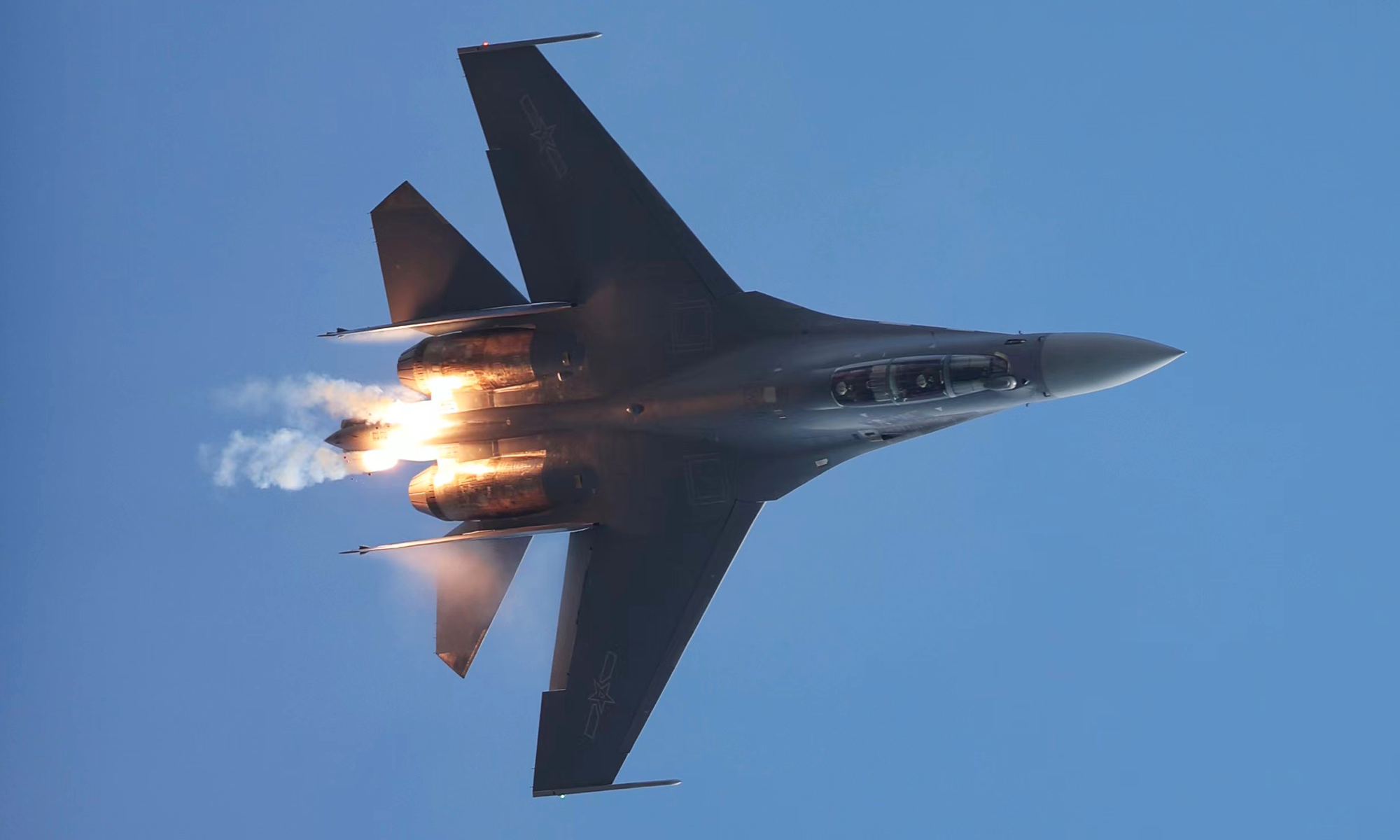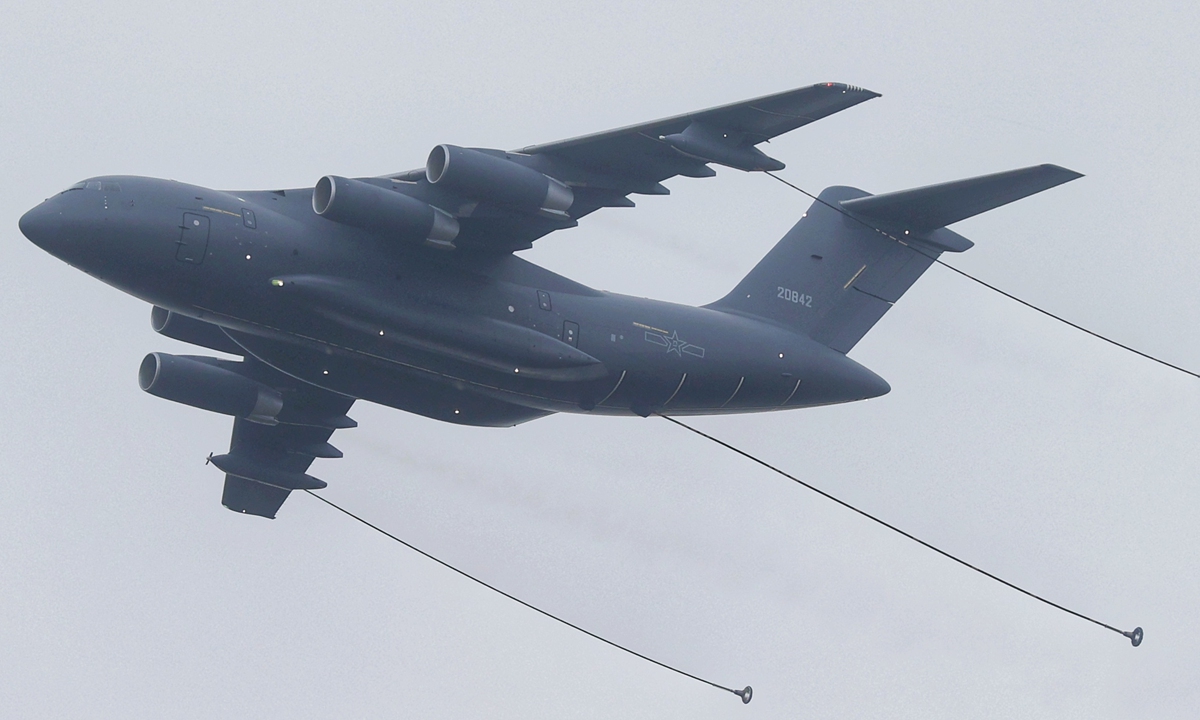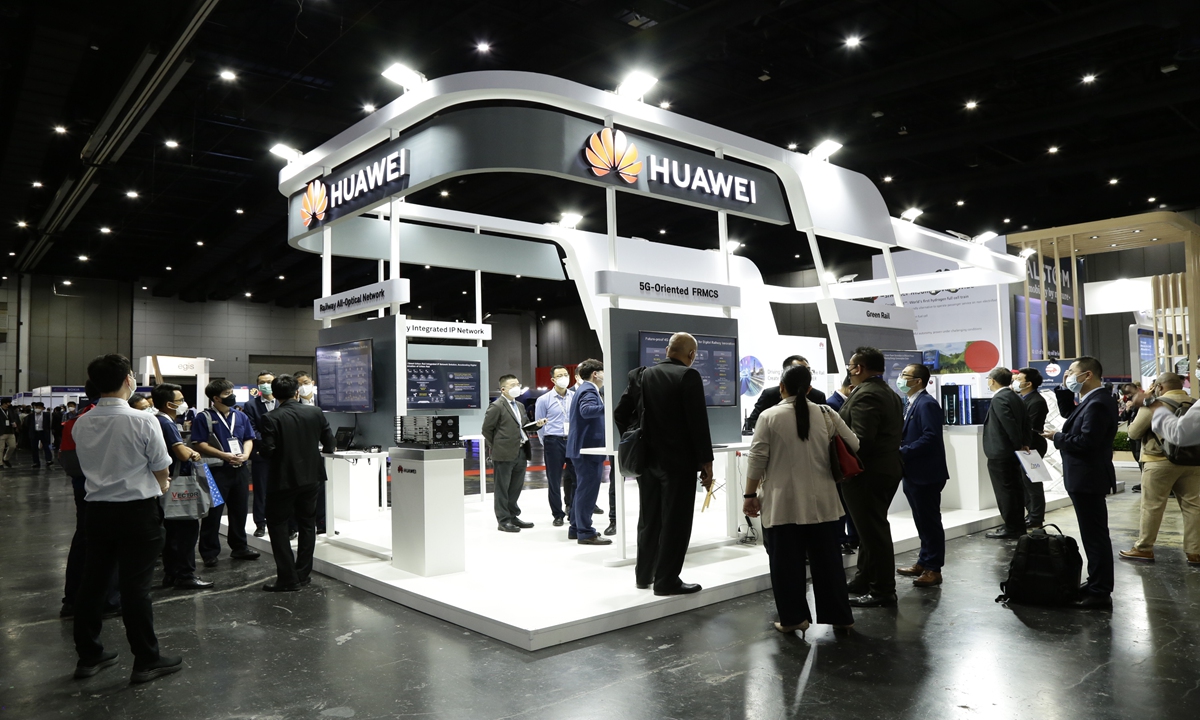Although BMI is widely used as a measure of weight, it is not very accurate and can lead to the mistreatment of obesity and eating
disorders.
Measuring a person’s waistline might give a better representation of their health than their bmi, as those with abdominal obesity are prone to developing certain chronic medical conditions. — Photos: TNS
PEOPLE who seek medical treatment for obesity or an eating disorder do so with the hope their insurance plan will pay for part of it.
But whether it’s covered or not often comes down to a measure invented almost 200 years ago by a Belgian mathematician as part of his quest to use statistics to define the “average man”.
That work, done in the 1830s by Adolphe Quetelet, appealed to life insurance companies, which created “ideal” weight tables after the turn of the century.
By the 1970s and 1980s, the measurement, now dubbed body mass index (BMI), was adopted to screen for, and track, obesity.
Now it’s everywhere, using an equation – essentially a ratio of mass to height – to categorise patients as overweight, underweight or at a “healthy weight”.
It’s appealingly simple, with a scale that designates adults who score between 18.5 and 24.9 as within a healthy range.
But critics – and they are widespread these days – say it was never meant as a health diagnostic tool.
“BMI does not come from science or medicine,” said Dr Fatima Stanford, an obesity medicine specialist and equity director of the endocrine division at Massachusetts General Hospital in the United States.
She and other experts said BMI can be useful in tracking population-wide weight trends, but it falls short by failing to account for differences among ethnic groups, and it can mislabel some people, including athletes, as overweight or obese because it does not distinguish between muscle mass and fat.
Still, BMI has become a standard tool to determine who is most at risk of the health consequences of excess weight – and who qualifies for often-expensive treatments.
Cut-offs for coverage
Despite the heavy debate surrounding BMI, the consensus is that people who are overweight or obese are at greater risk for a host of health problems, including diabetes, liver problems, osteoarthritis, high blood pressure, sleep apnoea and cardiovascular problems.
The BMI measure is commonly included in the prescribing directions for weight-loss drugs.
Some of the newest and most effective drugs, such as semaglutide, limit use to patients who have a BMI of 30 or higher – the obesity threshold – or a lower level of 27, if the patient has at least one weightrelated medical condition, such as diabetes.
Doctors can prescribe the medications to patients who don’t meet those label requirements, but insurers might not cover any of the cost.
While most insurers cover some forms of bariatric surgery for weight loss, they might require a patient to have a BMI of at least 35, along with other health conditions, such as high blood pressure or diabetes, to qualify.
With medications, it can be even trickier.
US national health insurance programme Medicare, for example, does not cover most prescription weight-loss drugs, although it will cover behavioural health treatments and obesity screening. Coverage for weightloss medications varies among private insurance plans.
“It’s very frustrating because everything we do in obesity medicine is based on these cut-offs,” said Dr Stanford.
Over and under
Critics say that BMI can err on both ends of the scale, mistakenly labelling some larger people as unhealthy and people who weigh less as healthy, even if they need medical treatment.
For eating disorders, insurers often use BMI to make coverage decisions and can limit treatment to only those who rank as underweight, missing others who need help, said Serena Nangia.
Nangia is the communications director for Project Heal, a US non-profit organisation that helps patients get treatment, whether they are uninsured or have been denied care through their insurance plan.
“Because there’s such a focus on BMI numbers, we are missing people who could have gotten help earlier, even if they are at a medium BMI,” she said.
“If they are not underweight, they are not taken seriously, and their behaviours are overlooked.”
Dr Stanford said she too often battles insurance companies over who qualifies for overweight treatment based on BMI definitions, especially some of the newer, pricier weight-loss medications, which can cost more than US$1,500 (RM7,114.50) a month.
“I’ve had patients doing well on medication and their BMI gets below a certain level, and then the insurance company wants to take them off the medication,” she said, adding she challenges those decisions.
“Sometimes I win, sometimes I lose.”
Not accurate for health
While perhaps useful as a screening tool, BMI alone is not a good arbiter of health, said Dr Stanford and many other experts.
“The health of a person with a BMI of 29 might be worse than one with a 50 if that person with the 29 has high cholesterol, diabetes, sleep apnoea, or a laundry list of things,” said Dr Stanford, “while the person with a 50 just has high blood pressure.
“Which one is sicker? I would say the person with more metabolic disease.”
Additionally, BMI can overestimate obesity for tall people and underestimate it for short ones, experts say.
And it does not account for gender and ethnic differences.
Case in point: “Black women who are between 31 and 33 BMI tend to have better health status even at that above-30 level” than other women and men, Dr Stanford said.
Meanwhile, several studies, including the long-running Nurses’ Health Study, found that Asian people had a greater risk of developing diabetes as they gained weight, compared with whites and certain ethnic groups.
As a result, countries such as China and Japan have set lower BMI overweight and obesity thresholds for people of Asian descent.
Other measurements
Experts generally agree that BMI should not be the only measure to assess patients’ health and weight.
“It does have limitations,” said David Creel, a psychologist and registered dietitian at Cleveland Clinic’s Bariatric and Metabolic Institute.
“It doesn’t tell us anything about the difference between muscle and fat weight,” he said, noting that many athletes might score in the overweight category, or even land in the obesity range due to muscle bulk.
Instead of relying on BMI, physicians and patients should consider other factors in the weight equation.
One is being aware of where weight is distributed.
Studies have shown that health risks increase if a person carries excess weight in the midsection.
“If someone has thick legs and most of their weight is in the lower body, it’s not nearly as harmful as if they have it around their midsection, especially their organs,” he said.
Dr Stanford agreed, saying midsection weight “is a much better proxy for health than BMI itself”, with the potential for developing conditions like fatty liver disease or diabetes “directly correlated with waist size”.
Patients and their doctors can use a simple tool to assess this risk: the tape measure.
Measuring just above the hipbone, women should stay at 35 inches or less, and men at 40 inches or less, researchers advise.
New ways to define and diagnose obesity are in the works, including a panel of international experts convened by the prestigious Lancet Commission, said Dr Stanford, a member of the group.
Any new criteria ultimately approved might not only help inform physicians and patients, but also affect insurance coverage and public health interventions.
She has also studied a way to recalibrate BMI to reflect gender and ethnic differences.
It incorporates various groups’ risk factors for conditions such as diabetes, high blood pressure and high cholesterol.
Based on her research, she said, the BMI cut-off would trend lower for men, as well as Hispanic and white women.
It would shift to slightly higher cut-offs for Black women.
(Hispanic people can be of any race or combination of races.)
“We do not plan to eliminate the BMI, but we plan to devise other strategies to evaluate the health associated with weight status,” she said. – Kaiser Health News/tribune News Service
Although BMI is widely used as a measure of weight, it is not very accurate and can lead to the mistreatment of obesity and eating disorders.
Kaiser Health News (KHN) is a US national newsroom that produces in-depth journalism about health issues. Together with Policy Analysis and Polling, KHN is one of the three major operating programmes at Kaiser Family Foundation (KFF). KFF is an endowed non-profit organisation providing information on health issues to the US.
-The Star Malaysia By JULIE APPLEBY
Related:
Vitality Weight Loss Pack
Vitality Weight Loss Pack -The Products You Need to Succeed
For more than two decades, Melaleuca has pioneered innovative solutions that combine the best of science and nature to tackle threats
to our health- from obesity to cardiovascular health and metabolic syndrome.
Melaleuca has exclusive products to deliver the healthy weight loss results you are looking for to achieve lasting physical wellness.
Now available in convenient, 30-day, money-saving packs!
The new Vitality Weight Loss Pack Includes:
- 2 GC Control™ Shakes or Attain® Shakes
- 2 FiberWise® Drink
- 1 box of Access® Fat Conversion Exercise Bars
- 1 box of Attain® Bars to help you to conquer cravings
- 1 box of Sustain®
For best product experience, we strongly recommend using the Vitality Blender Bottle to mix Melaleuca's powdered products.
Simple Steps to Your Ideal Weight
Melaleuca's industry-leading nutrition products- combined with eating right, getting active, and staying accountable make healthy weight loss
as easy as A, B, C, D, E:
- Replace 1 or 2 snacks or meals a day with GC Control™
- Take Attain® bars to help you to manage cravings and binge less
- Drink 1 serving of FiberWise® before dinner or at bedtime
- Eat an Access® Bar 15 minutes before starting your workout
- Hydrate and replenish essential electrolytes with Sustain® while you workout
Related posts:




 China
Space Station Tian Gong is now complete and China is in a position to
dominate the future of space and replace America as the number one space
nation in the world. But how did this happen? How did China become a
supreme space nation? Let's break it down
China
Space Station Tian Gong is now complete and China is in a position to
dominate the future of space and replace America as the number one space
nation in the world. But how did this happen? How did China become a
supreme space nation? Let's break it down 



